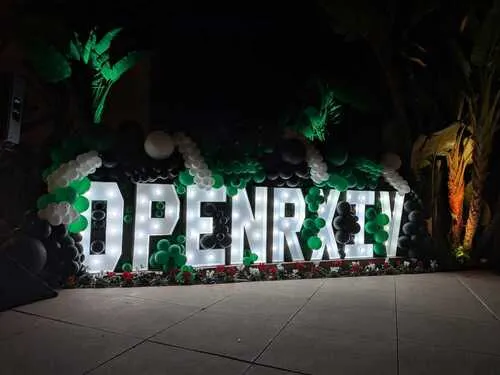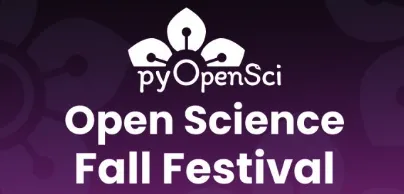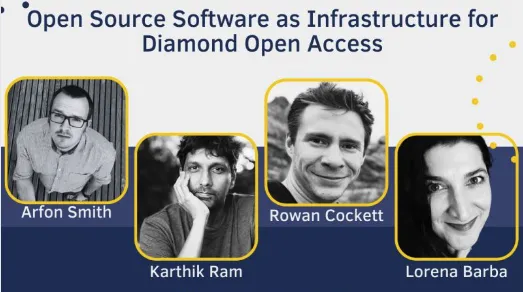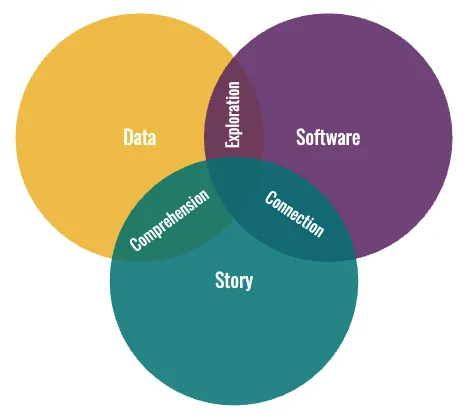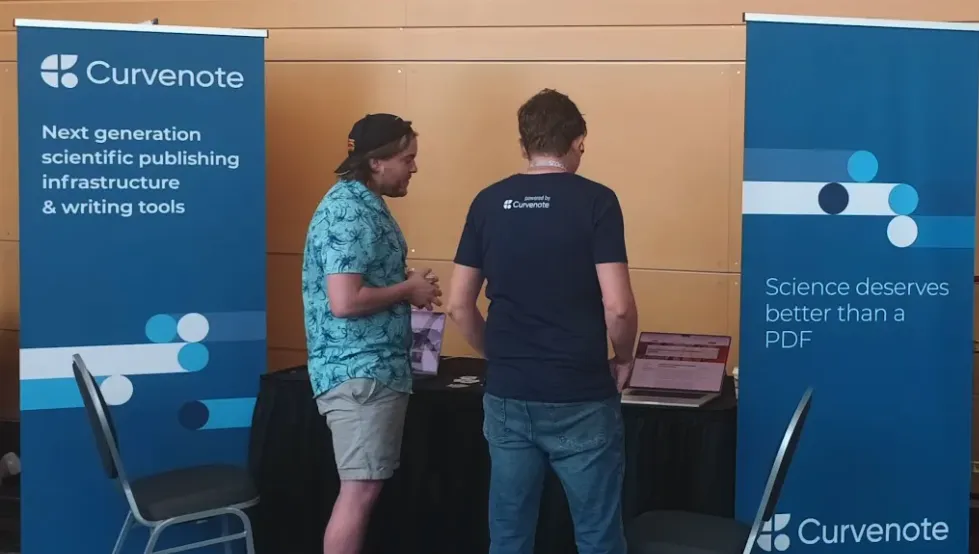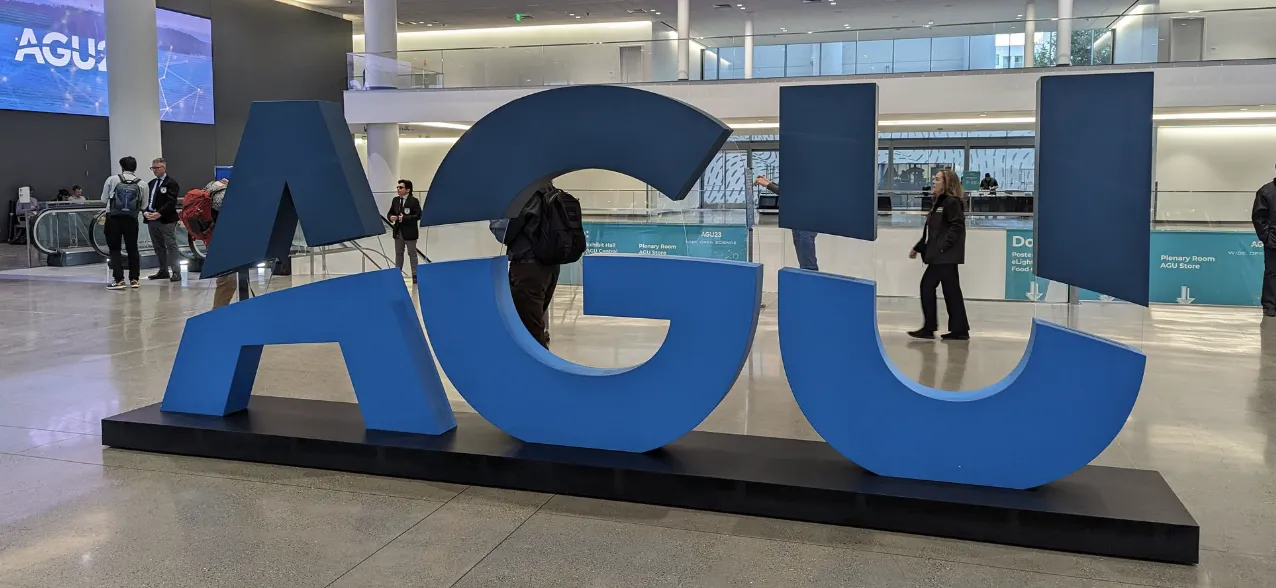Creating & Sharing Scientific Websites
We were excited to help support the Transform 2022 conference this year, and work to showcase a lot of the amazing science that is going on in the subsurface geoscience community.
We gave two lightning talks at the event, one on a demo of deploying a scientific website in 4.5 minutes ⏲️ , and a talk on some highlights that Steve wanted to share from the Force11 Conference that we sponsored in 2021.
Create a scientific website in 5 min! ⏱¶
In three easy steps:
- 🧱 Have content & notebooks:
curvenote init - ⌨️ Work locally with markdown:
curvenote start - 🌍 Share it with the world:
curvenote deploy
I actually got the full demo done in 2 minutes and 54 seconds. 🚀
N things I learned at Force11¶
See the original blog post on Steve Purves blog. Some of the points that he covers are:
- Citations files: Citation File Format
- Contributor roles: https://
credit .niso .org - Zenodo ⇔ Github Bridge: https://
docs .github .com /en /repositories /archiving -a -github -repository /referencing -and -citing -content - OpenAlex APIs for scholarly data: https://
openalex .org
So much amazing work going on in the community!
